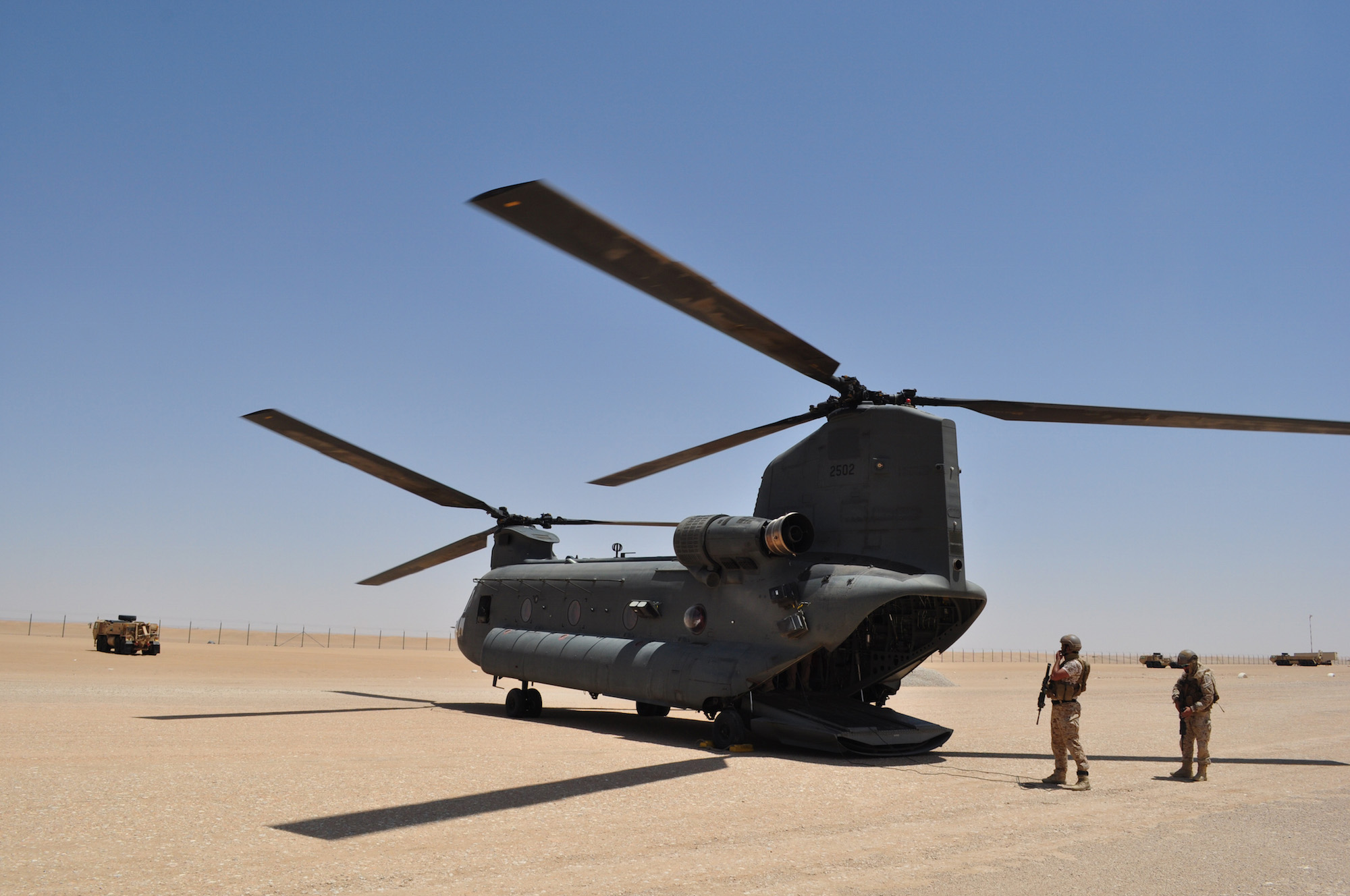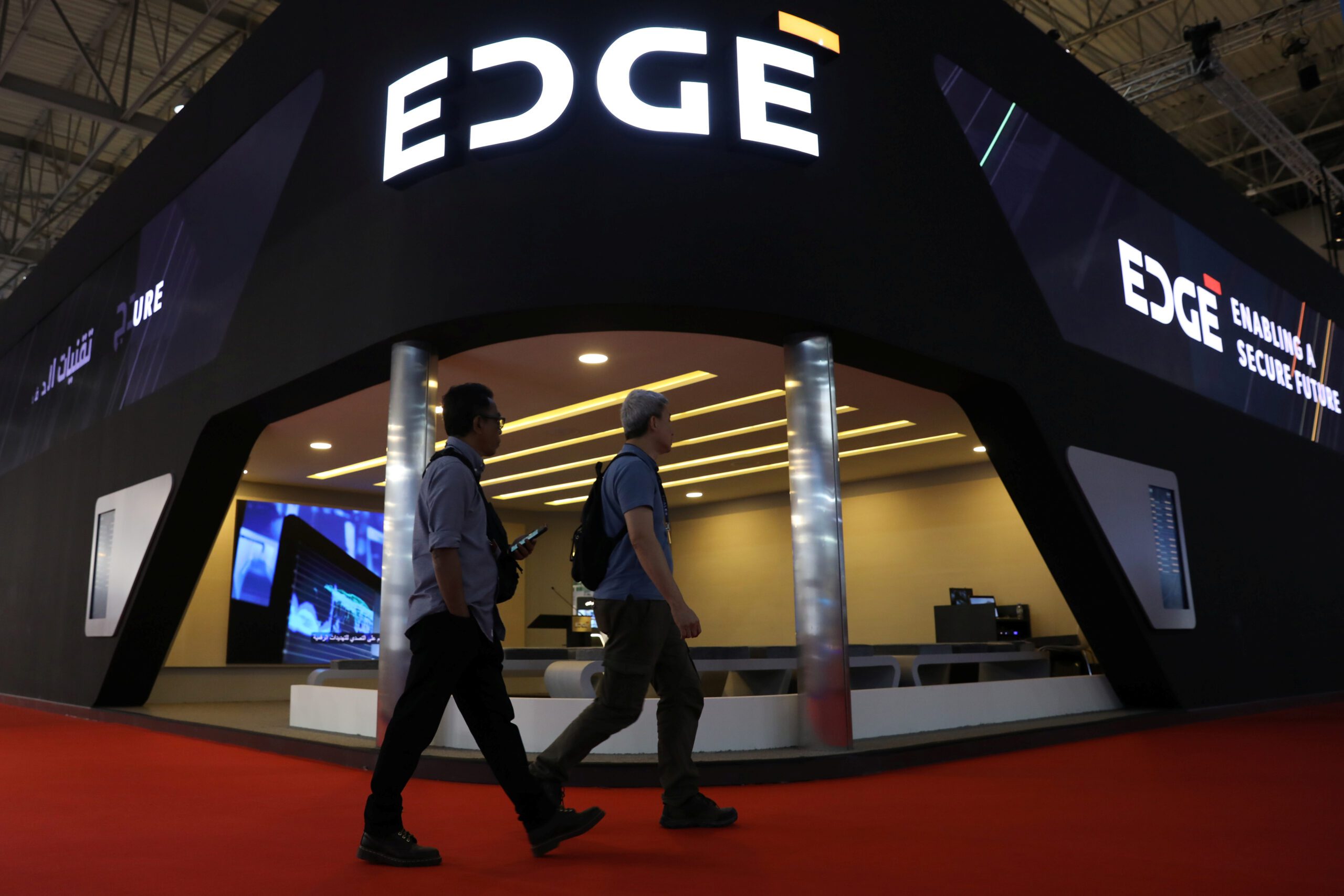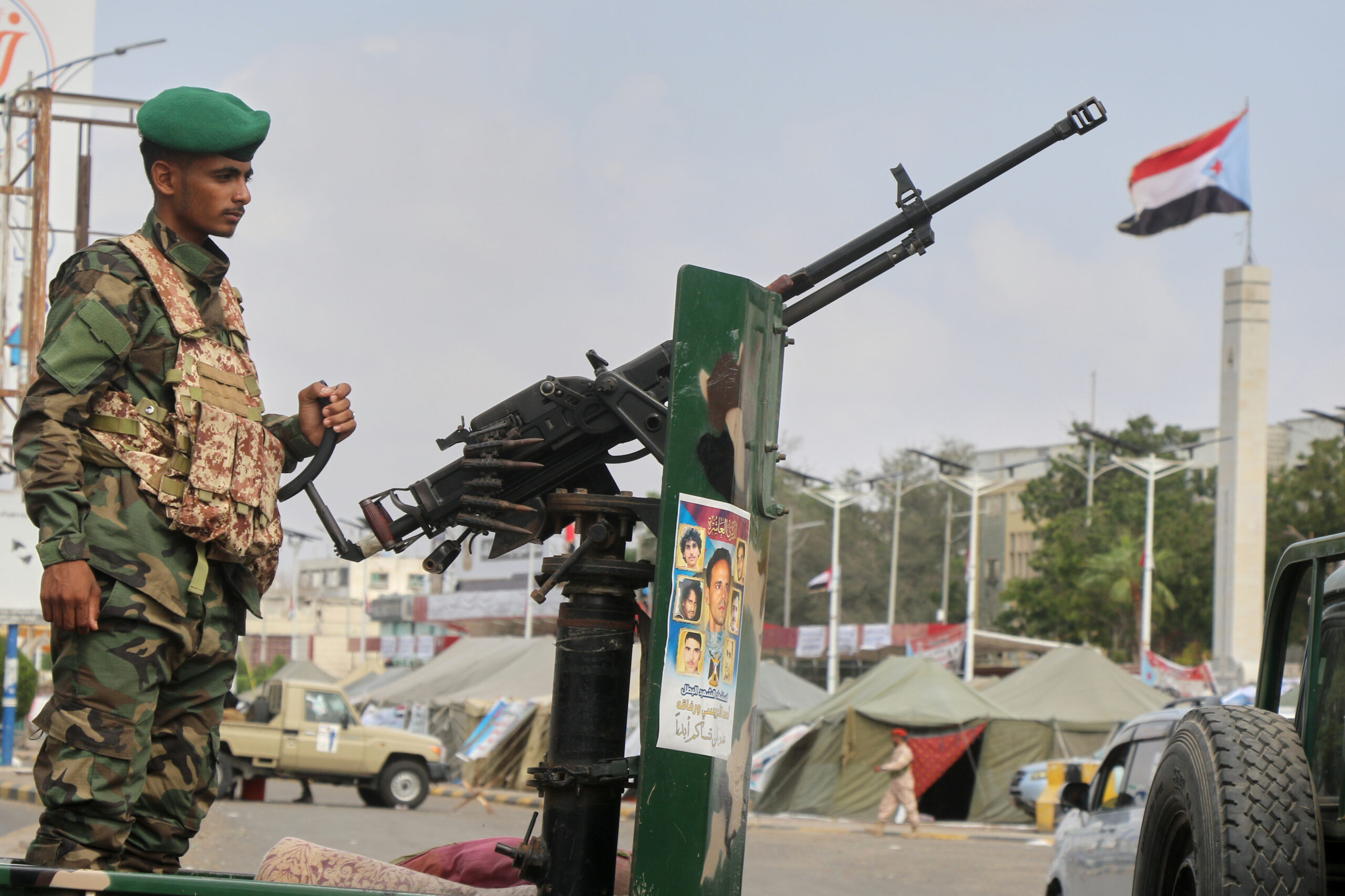The UAE’s Evolving National Security Strategy
Confronted with serious challenges but also blessed with remarkable assets, the United Arab Emirates has developed a distinctive national security strategy.

Executive Summary
Confronted with serious challenges, but also blessed with remarkable assets, the United Arab Emirates has developed a distinctive, and in some ways unprecedented, national security strategy. The UAE is one of the smaller countries in the world, especially demographically, with only about 1.5 million citizens, but is one of the wealthiest per capita. It is the seventh largest international petroleum producer, and possesses about 6 percent of the world’s proven oil reserves. It is also located in a highly strategic and volatile neighborhood, along the southeastern coast of the Gulf, bordering Saudi Arabia and Oman. Its northernmost point thrusts into the waters near a crucial maritime chokepoint, the Strait of Hormuz, and is separated from Iran by a narrow body of water.
Given its geography, demography, and natural resources, the UAE has had to cope with extraordinarily complex security concerns, and has both limitations and assets that are extremely unusual. From the time of its formation in 1971, the UAE’s national leadership recognized that the country’s biggest challenge was how to overcome its relatively small population. It sought to do this through careful long-term planning, including systematic economic and military development; investing in the country’s human capital, increasingly including women, in all sectors; developing technological solutions and innovations; and importing foreign labor. From its earliest days, the UAE sought to use its financial resources and the soft power of aid and development to build international friendships, promote its perspectives, defend its interests, and enhance its reputation, particularly in Arab and Muslim countries.
The UAE has quietly built its own independent defense capabilities. Over the decades, it has methodically constructed relatively small but sophisticated military assets such as its air force, special forces, and high-tech offensive and defensive weaponry. As this military capability has grown, the country has become more willing to use force, usually in conjunction with some set of allies, to secure its vital interests. And it has deployed these hard power capacities hand-in-hand with its more traditional soft power approaches. It is also at the beginning stages of developing its own domestic defense industry.
The UAE has carefully nurtured a set of crucial strategic and military alliances, especially with Saudi Arabia and the other Gulf Cooperation Council members, as well as the United States. The country seeks to do what it can for itself, but recognizes that much of what it needs to accomplish to secure its vital interests will have to be conducted in collaboration with others. The formation of the GCC in 1981 was a direct response to the security crisis facing the Gulf Arab countries due to the 1979 Iranian Revolution and the outbreak of the Iran-Iraq War in 1981. The focus of the GCC and its members, including the UAE, at the time of the council’s founding until the present day has been the defense of regional security, and stability in the face of threats emanating from Iran and regional conflicts. In important respects, the UAE has developed into Washington’s most important Gulf Arab ally, with close military and intelligence cooperation reflecting the trust and respect the Emirati military has earned from senior U.S. commanders.
The UAE’s increasing willingness to act militarily to secure its interests is perhaps best reflected in the intervention in Yemen that began in 2015, which is primarily led by Saudi Arabia in the north and the Emirates in the south. To support this campaign, and more broadly acquire greater strategic depth, the UAE has recently established military bases in the Horn of Africa, most notably at Assab in Eritrea. To sustain this strategic expansion, and build on its logic, the UAE will almost certainly have to develop greater bluewater naval capabilities in the coming decades.
In addition to its conventional military capabilities, the UAE is deeply committed to counterterrorism and counterradicalization efforts. Much of its military campaign in southern Yemen focuses on counterinsurgency operations against Al-Qaeda in the Arabian Peninsula and other extremist groups, and the UAE was an early and enthusiastic participant in the air war in Syria against the Islamic State in Iraq and the Levant. The UAE takes the hardest line of any Arab government, with the possible exception of Egypt, against Islamists in general, seeing them all as part of a continuum of radicalism. It does not conflate the Muslim Brotherhood with al-Qaeda and ISIL or pro-Iranian Shia militias, but it does regard them all as different iterations of extremism to be categorically opposed.
In addition to counterterrorism and counterradicalization initiatives, the UAE is investing heavily in cybersecurity, using technology to combat both cyber criminals and, at times, domestic political dissidents. Human rights organizations have raised concerns regarding some of these cases.
This paper tracks the evolution of the Emirati national security strategy as it has emerged in these contexts, emphasizing the following key points:
- Mobilizing all its human and natural resources, as well as technology, to compensate for the country’s modest size and small population
- Building its military and other national security-related infrastructure, including cybersecurity
- Seeking strategic depth through overseas military installations and the forward deployment of assets and capabilities
- Emphasizing the centrality of its strategic alliance with Saudi Arabia
- Maintaining close ties with the United States
- Engaging with the global economy and many aspects of emerging globalized culture
- Opposing all forms of radical Islamism
- Making a determined effort to limit the expansion of Iranian influence in the Arab world
- Using “soft power,” such as humanitarian or development aid and investments, at times in conjunction with “hard power,” to promote its interests
- Maintaining and developing its crucial alliance with GCC member states, other Arab countries, and international partners
This study outlines how these ambitious national security strategy pillars developed and are being pursued. In the process, it examines why the UAE is convinced it has few alternatives to playing a disproportionately significant economic, diplomatic, political, and military regional role, and how it is acting on that conclusion. And, finally, it assesses the impact this growing Emirati role and influence is having on a range of Middle Eastern dynamics, and where the UAE fits in the strategic landscape of this unsettled but still crucial region.
The views represented herein are the author's or speaker's own and do not necessarily reflect the views of AGSI, its staff, or its board of directors.




























